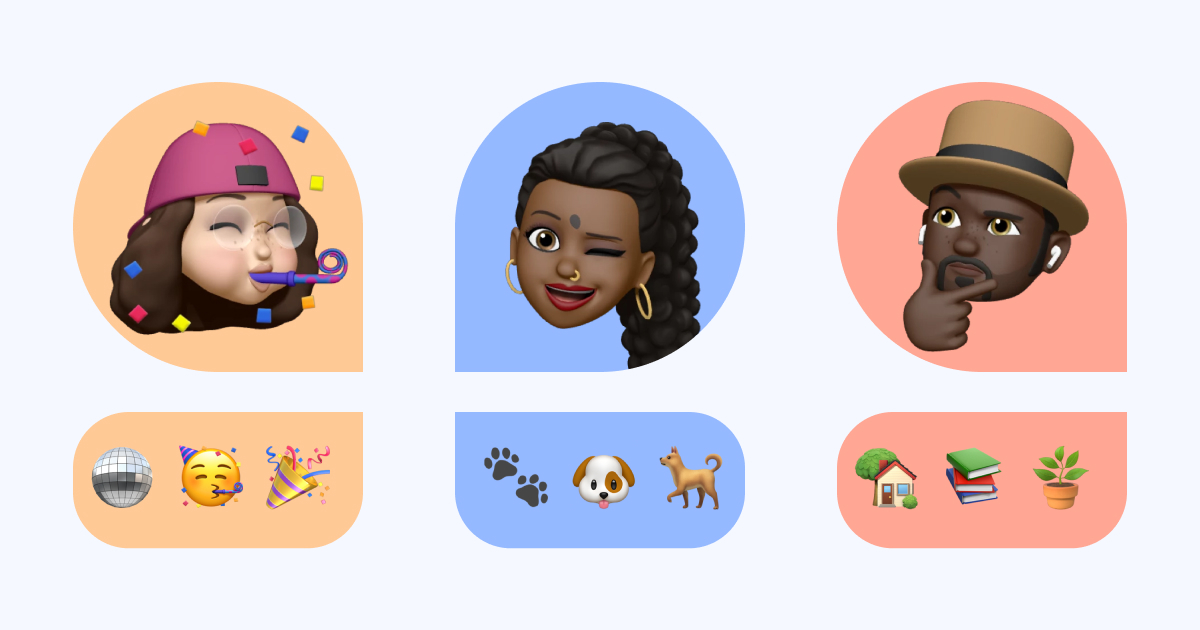Personalization in marketing refers to the customization of marketing messages, products, and experiences to meet the individual needs and preferences of each customer. In today's world, consumers have come to expect a high level of personalization in their interactions with brands. As a result, personalization has become a critical component of successful marketing strategies.
The primary benefit of personalization in marketing is that it helps to build deeper, more meaningful relationships with customers. When customers feel that a brand truly understands and appreciates their needs, they are more likely to become loyal and engaged. Personalization also helps to increase the relevance and effectiveness of marketing messages, which can result in higher conversions and sales.
 To achieve these benefits, companies must use data to drive their personalization efforts. By collecting and analyzing data from various sources, including customer behavior and preferences, companies can gain a deeper understanding of their customers and use that information to inform their personalization strategies.
One of the most effective ways to use data for personalization is through the use of customer segmentation. Customer segmentation involves grouping customers based on their behaviors, preferences, and characteristics, and then using that information to create tailored marketing messages and experiences for each segment. For example, a company might segment its customers based on their purchase history, demographic information, and preferences, and then use that information to create targeted email campaigns, product recommendations, and special offers.
Another effective way to use data for personalization is through the use of predictive analytics. Predictive analytics uses machine learning algorithms to analyze large amounts of customer data and identify patterns and trends that can be used to predict future behavior. This information can then be used to create highly targeted marketing messages and experiences that are designed to engage customers at the right time and place.
In addition to these data-driven approaches, personalization can also be achieved through the use of artificial intelligence (AI) and machine learning. For example, chatbots can be used to provide personalized customer support, while natural language processing (NLP) algorithms can be used to analyze customer feedback and provide recommendations for products and services that are most likely to meet their needs.
Overall, personalization is a powerful tool for marketers, and the use of data is essential to unlocking its full potential. By using data to drive their personalization efforts, companies can create more meaningful relationships with their customers, increase the relevance and effectiveness of their marketing messages, and ultimately drive greater engagement and success.
To achieve these benefits, companies must use data to drive their personalization efforts. By collecting and analyzing data from various sources, including customer behavior and preferences, companies can gain a deeper understanding of their customers and use that information to inform their personalization strategies.
One of the most effective ways to use data for personalization is through the use of customer segmentation. Customer segmentation involves grouping customers based on their behaviors, preferences, and characteristics, and then using that information to create tailored marketing messages and experiences for each segment. For example, a company might segment its customers based on their purchase history, demographic information, and preferences, and then use that information to create targeted email campaigns, product recommendations, and special offers.
Another effective way to use data for personalization is through the use of predictive analytics. Predictive analytics uses machine learning algorithms to analyze large amounts of customer data and identify patterns and trends that can be used to predict future behavior. This information can then be used to create highly targeted marketing messages and experiences that are designed to engage customers at the right time and place.
In addition to these data-driven approaches, personalization can also be achieved through the use of artificial intelligence (AI) and machine learning. For example, chatbots can be used to provide personalized customer support, while natural language processing (NLP) algorithms can be used to analyze customer feedback and provide recommendations for products and services that are most likely to meet their needs.
Overall, personalization is a powerful tool for marketers, and the use of data is essential to unlocking its full potential. By using data to drive their personalization efforts, companies can create more meaningful relationships with their customers, increase the relevance and effectiveness of their marketing messages, and ultimately drive greater engagement and success.
The Benefits of Personalization in Marketing
How to Use Data to Drive Engagement

Be the first one to read our next blog post
Subscribe to our blog!


